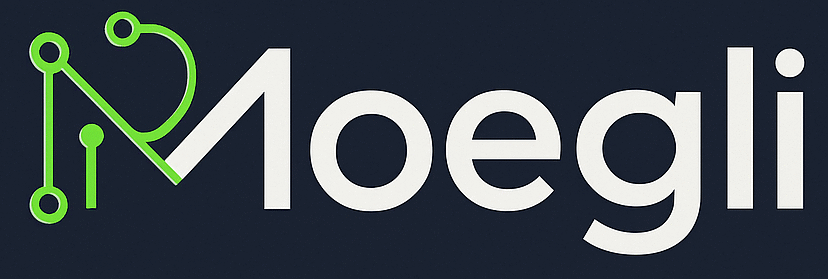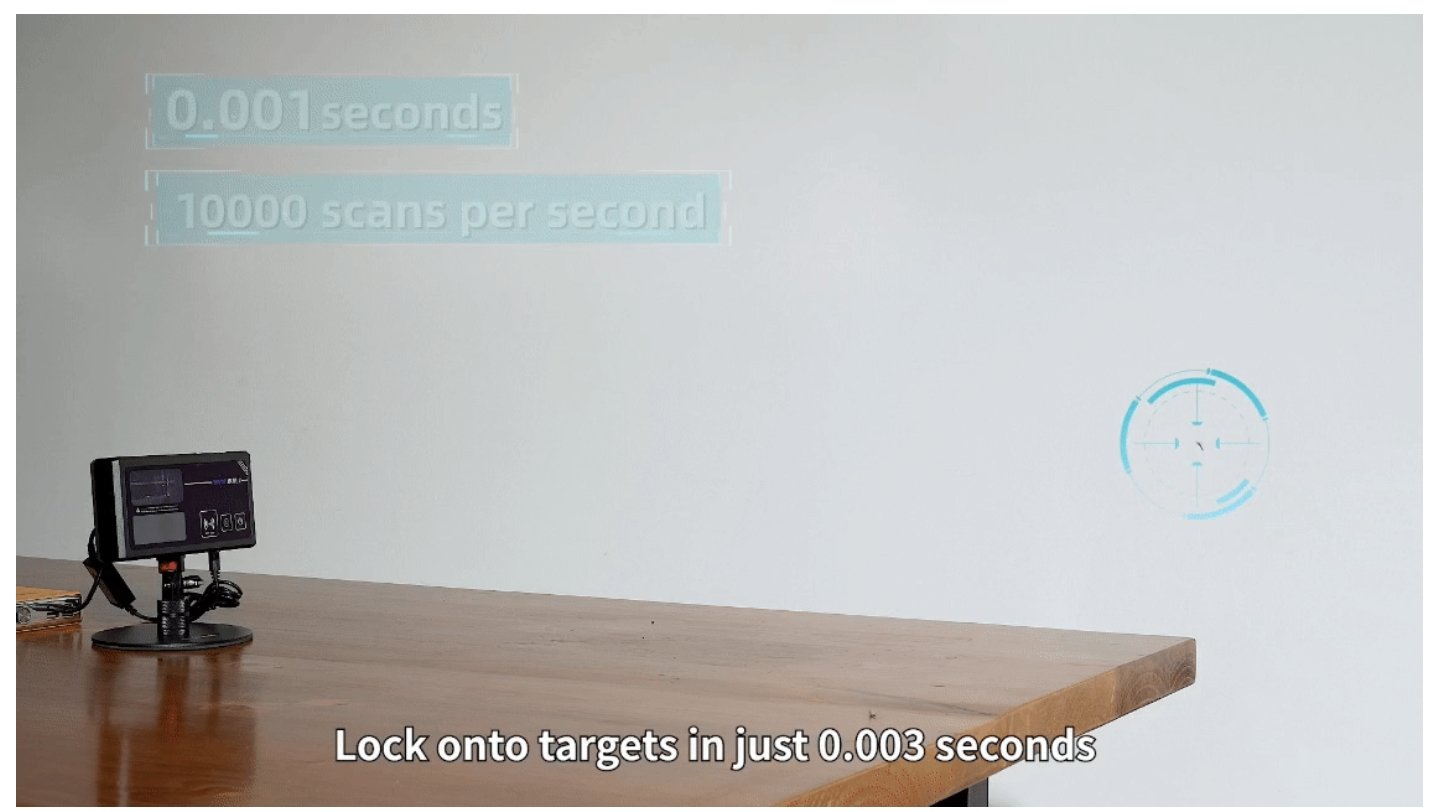We live in an age of incredible technological progress. Artificial Intelligence can draft emails, solve complex problems, and even create art in seconds. Our smartphones connect us instantly to any corner of the world. Yet, beneath all this convenience lurks a paradox — as technology gets smarter, are we, as humans, becoming dumber?
The Forgotten Phone Number Test
Think back just 20 years. Most of us could easily recite the phone numbers of our closest friends and family members. Our parents and grandparents didn’t even need an address book — numbers lived in their memory. Today, ask someone their best friend’s number, and they’ll instinctively reach for their phone. Our brain, once trained to remember, now outsources even the simplest memory tasks to our devices.
The Calculator Problem
Here’s another everyday example. Our parents solved basic arithmetic in their heads: calculating grocery bills, dividing costs, or estimating discounts without hesitation. But today, even for the simplest operation — like 17 × 3 or splitting a bill three ways — many of us automatically pull out a calculator app. It’s not that we can’t do it, but that we’ve become so accustomed to relying on machines that we don’t bother trying.
The Bigger Picture: Outsourcing Our Thinking
These small shifts reveal a bigger pattern: technology is slowly replacing the mental muscles we once flexed daily.
- Navigation? Why learn directions when Google Maps can guide us turn by turn?
- Spelling? Autocorrect and Grammarly fix our errors instantly.
- Information? No need to recall facts when Google and AI chatbots deliver answers in seconds.
The convenience is undeniable, but the trade-off is that we’re practicing these skills less and less. Just like an unused muscle, unused mental abilities weaken over time.
The Psychology Behind It
Scientists call this phenomenon “cognitive offloading” — pushing tasks like memory, calculation, or problem-solving onto external tools. While this saves effort, it also means our brains are less challenged, and less challenge means less growth. Add to this the dopamine-driven design of social media, where our attention spans are sliced into 30-second reels, and we have a recipe for shallow, distracted thinking.
But Are We Really Getting Dumber?
Of course, there’s another perspective. Every leap in technology has shifted how humans use their brains. People once argued that writing would destroy memory because oral traditions would fade. Later, calculators were criticized for “ruining math skills.” And yet, society advanced. Perhaps we’re not becoming dumber but are simply redefining intelligence. Instead of spending mental energy on rote memorization or basic calculations, we free our brains for creativity, problem-solving, and innovation.
The danger isn’t in the tools themselves but in how passively we use them. If we rely on AI and tech for everything — from thinking to deciding — we risk becoming intellectually lazy.
Finding the Balance
Technology doesn’t have to make us dumb. It can, in fact, make us sharper — if we use it wisely.
- Instead of letting Google Maps guide you blindly, try remembering routes occasionally.
- Do mental math for small problems before reaching for the calculator.
- Challenge your memory by recalling a few important phone numbers without your phone.
- Use AI tools as partners, not crutches — let them enhance your ideas, not replace your thinking.
The Choice Is Ours
Technology and AI are neutral — they amplify whatever habits we form around them. If we use them mindlessly, we’ll continue to erode our natural abilities. But if we engage with them intentionally, we can combine the best of human intuition with the speed of machines.
The real danger isn’t that AI is making us dumb. It’s that we’re letting it.








Leave a Reply